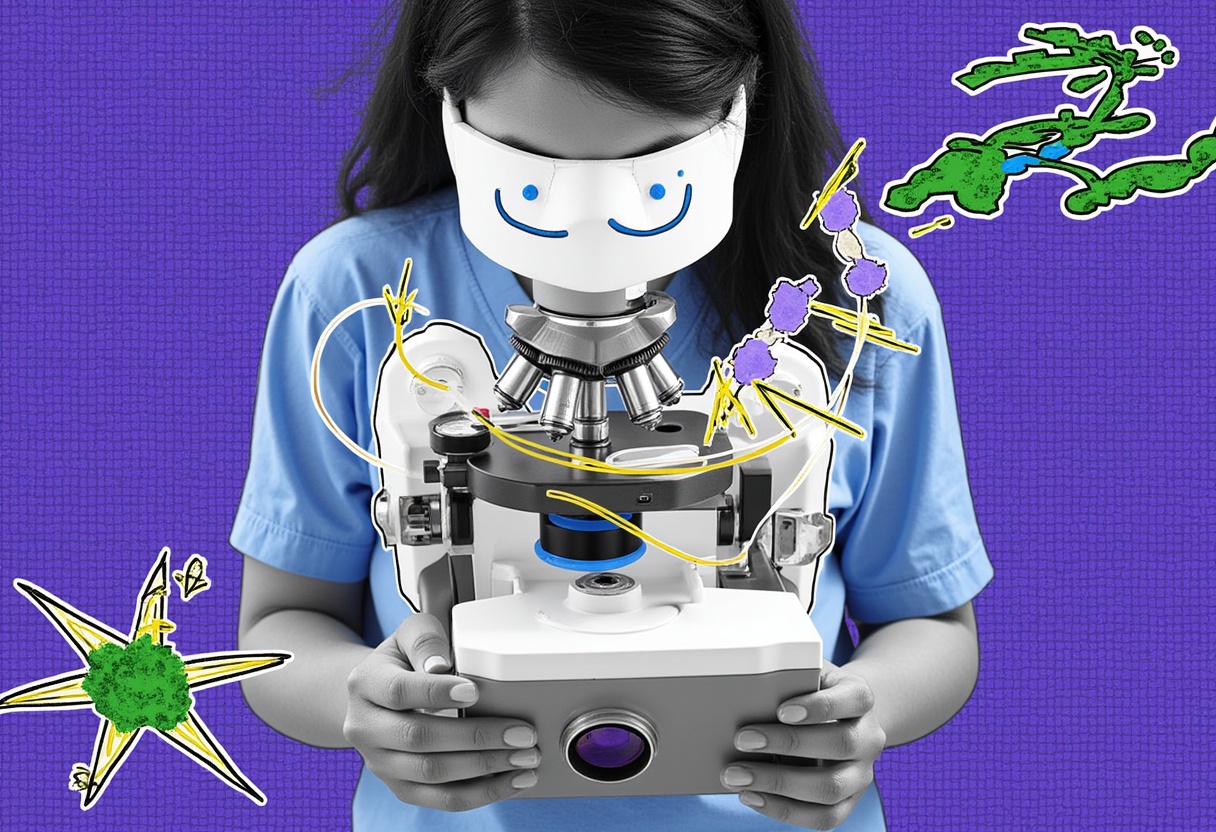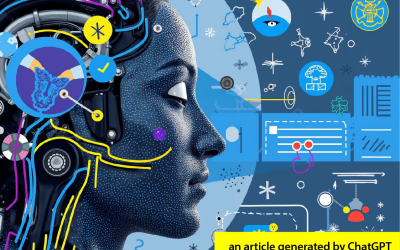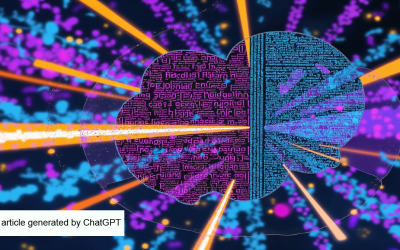
14 Jan, 2025
an article generated by Google Gemini
In the realm of healthcare, artificial intelligence (AI) is rapidly transforming the way drugs are discovered and developed. Recent advancements in AI have enabled researchers to accelerate the process of identifying promising drug candidates, optimizing clinical trials, and personalizing treatments.
Key AI-powered drug discovery trends:
- AI-driven target identification: AI algorithms can analyze vast amounts of biological data to identify novel drug targets, such as proteins or genes involved in diseases. This process is significantly faster and more efficient than traditional methods, which often rely on manual analysis and serendipity.
- Accelerated drug design: AI can be used to design new molecules with desired properties, such as high potency, selectivity, and safety. This can significantly reduce the time and cost associated with traditional drug design processes.
- Optimized clinical trials: AI can help identify the most suitable patients for clinical trials, predict the likelihood of success, and optimize trial design. This can lead to faster and more efficient clinical trials, ultimately bringing new drugs to market sooner.
- Personalized medicine: AI can analyze individual patient data to predict the best course of treatment for each patient. This can lead to more effective and personalized treatments, improving patient outcomes.
Recent AI drug discovery news:
- Insilico Medicine recently announced the discovery of a new drug candidate for idiopathic pulmonary fibrosis using its AI platform. The company claims that this drug candidate was discovered in just 18 months, a fraction of the time it typically takes to develop a new drug.
- BenevolentAI has developed an AI platform that can analyze vast amounts of scientific literature to identify new drug targets and repurpose existing drugs for new indications. The company has recently used its platform to identify a potential treatment for COVID-19.
- Google’s DeepMind has developed an AI system that can predict the 3D structure of proteins with unprecedented accuracy. This breakthrough could have a major impact on drug discovery, as understanding the 3D structure of proteins is essential for designing drugs that can target them.
The future of AI-powered drug discovery:
AI is still a relatively new technology in the field of drug discovery, but its potential is enormous. As AI algorithms continue to improve, we can expect to see even more rapid progress in the development of new and effective drugs.
In conclusion, AI is revolutionizing the field of drug discovery, enabling researchers to accelerate the process of identifying promising drug candidates, optimizing clinical trials, and personalizing treatments. This technology has the potential to transform the way we treat diseases and improve the lives of millions of people around the world.
Would you like to delve deeper into a specific aspect of AI-powered drug discovery, such as the ethical considerations or the potential impact on the pharmaceutical industry?
Related Articles
The Rise of Custom AI Solutions and Generative AI Across Industries
Artificial Intelligence (AI) is reshaping industries with unprecedented speed, and recent developments highlight a growing trend: businesses are moving from generic AI tools to building custom AI solutions tailored to specific industries and needs. This shift not only boosts productivity but also unlocks new avenues for innovation and higher returns on investment (ROI).
The Dawn of AI-Powered Holograms: A New Dimension of Human-Machine Interaction
Recent advancements in artificial intelligence (AI) and augmented reality (AR) have paved the way for a groundbreaking technology: AI-powered holograms. These lifelike digital projections are poised to revolutionize various industries, from entertainment and education to healthcare and business
Amazon’s Generative AI Ambitions: A Game-Changer for Business
This week, Amazon announced a bold expansion into generative AI by launching a suite of advanced models as part of its Amazon Web Services (AWS) ecosystem. The move directly positions Amazon as a competitor to giants like OpenAI, Google, and Anthropic in the generative AI space.



